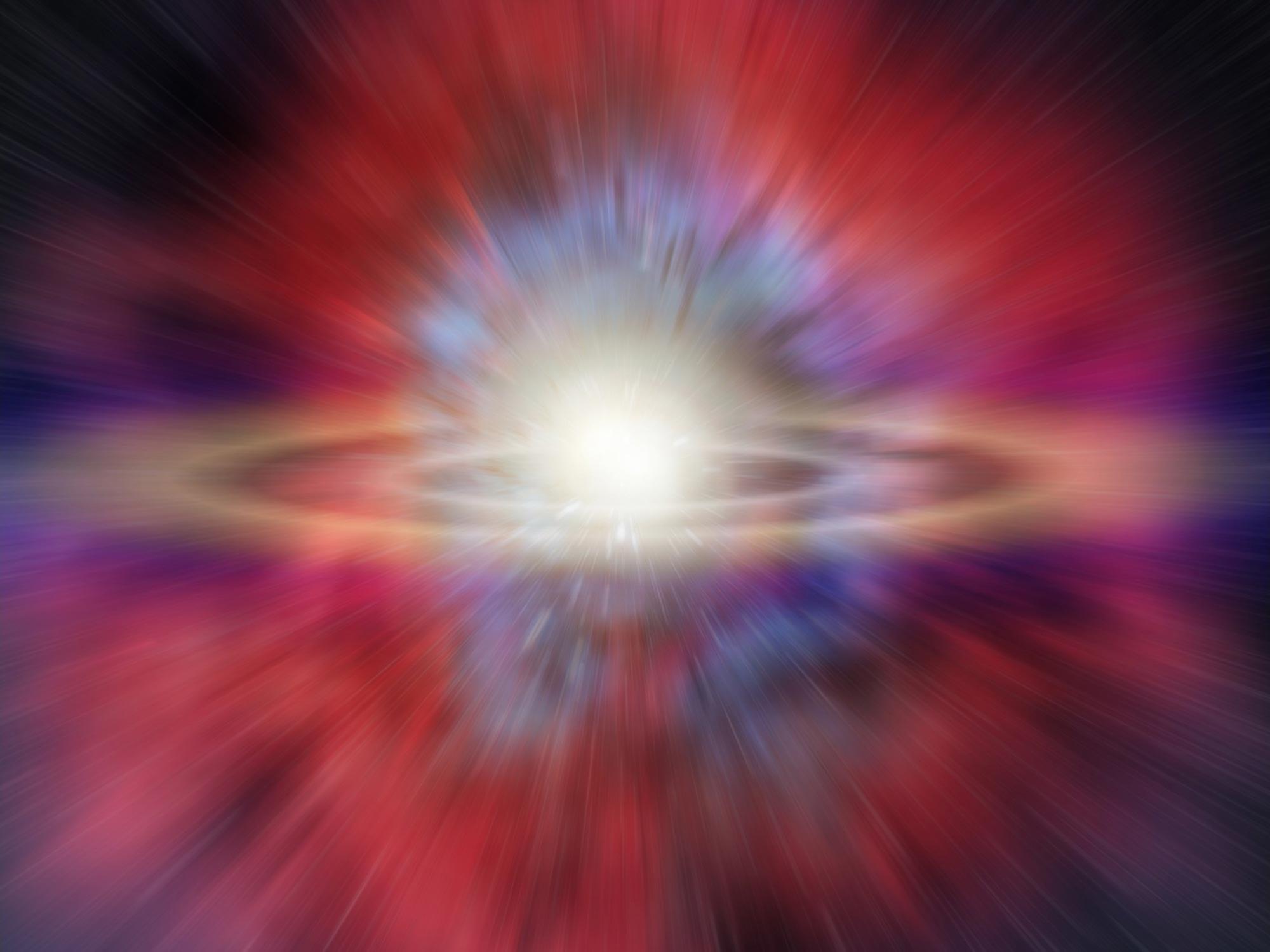Power Beaming and Space Solar — Dr. Paul Jaffe Ph.D., Tactical Technology Office, DARPA.
Category: space
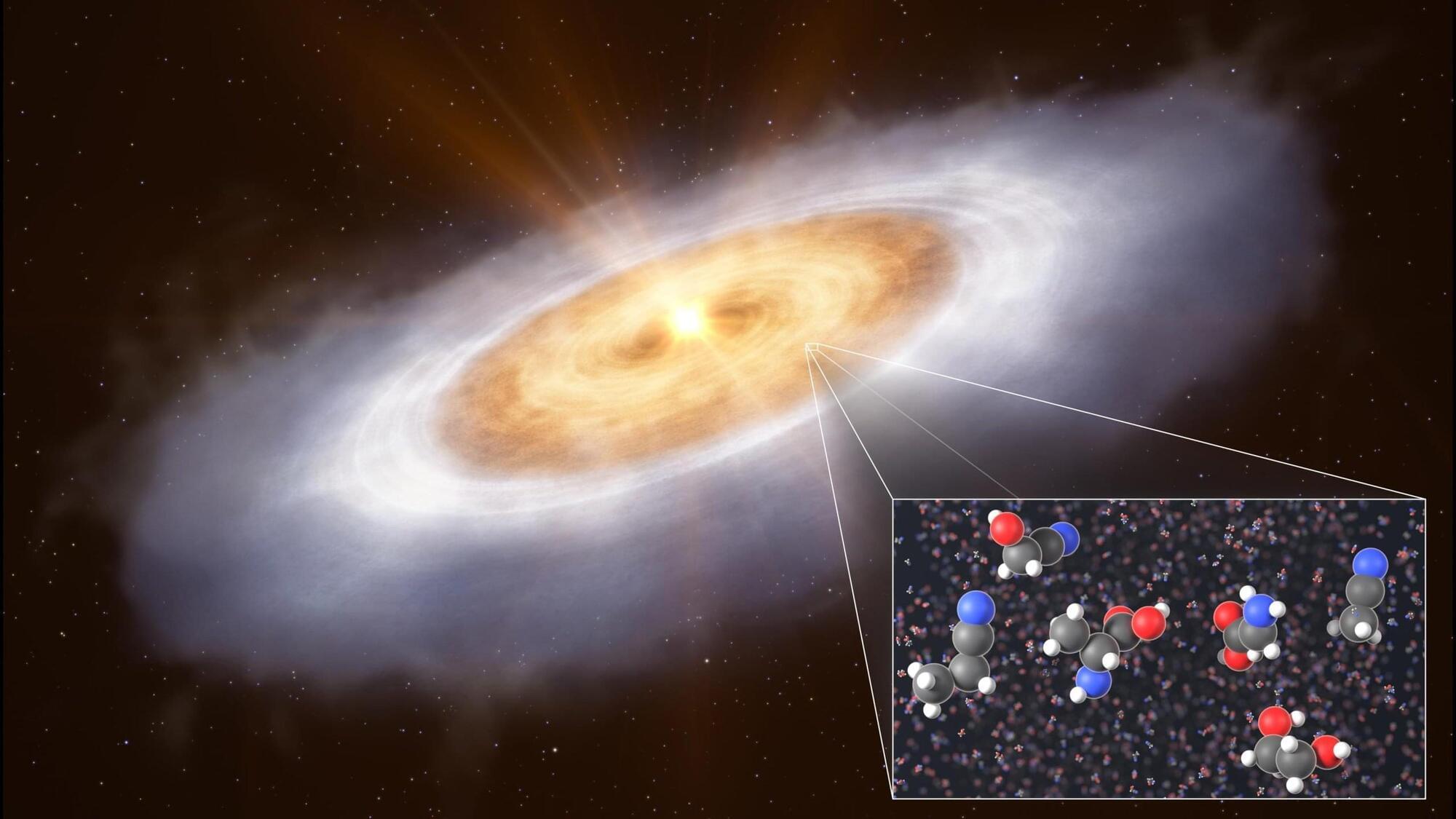
It Shouldn’t Exist: Astronomers Discover a Planet Orbiting the “Wrong Way”
Most stars throughout the Universe are part of binary or multiple star systems. In these systems, a nearby companion star can make it difficult for planets to form and remain in stable orbits around just one of the stars.
A research team made up of international astrophysicists, led by Professor Man Hoi Lee from the University of Hong Kong’s Department of Earth Sciences and Department of Physics, along with MPhil student Ho Wan Cheng, has confirmed a highly unusual planetary discovery.
They identified a planet orbiting in the opposite direction of its binary stars’ movement, known as a retrograde orbit, within the nu Octantis (nu Octantis) binary system. Their work also sheds light on how the evolution of binary stars may have influenced the planet’s origin. These results have been published in the journal Nature.
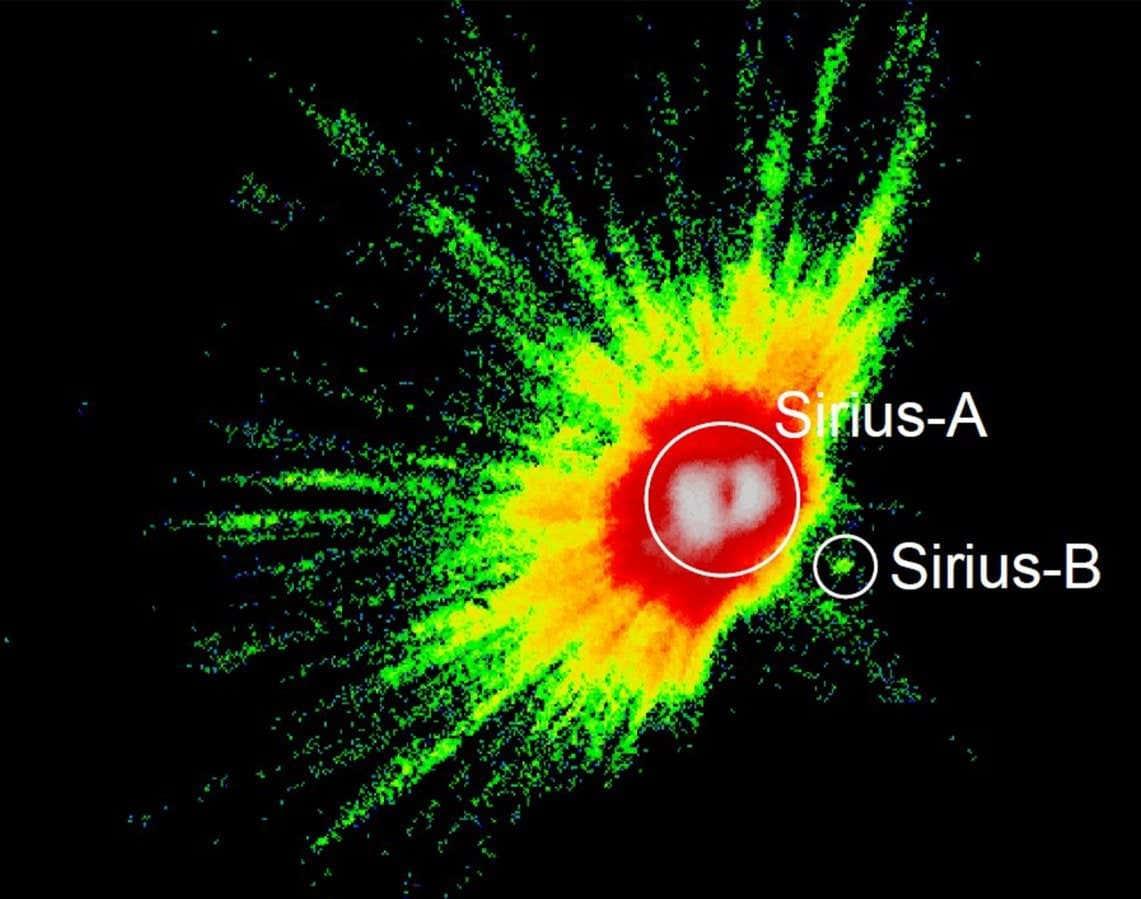

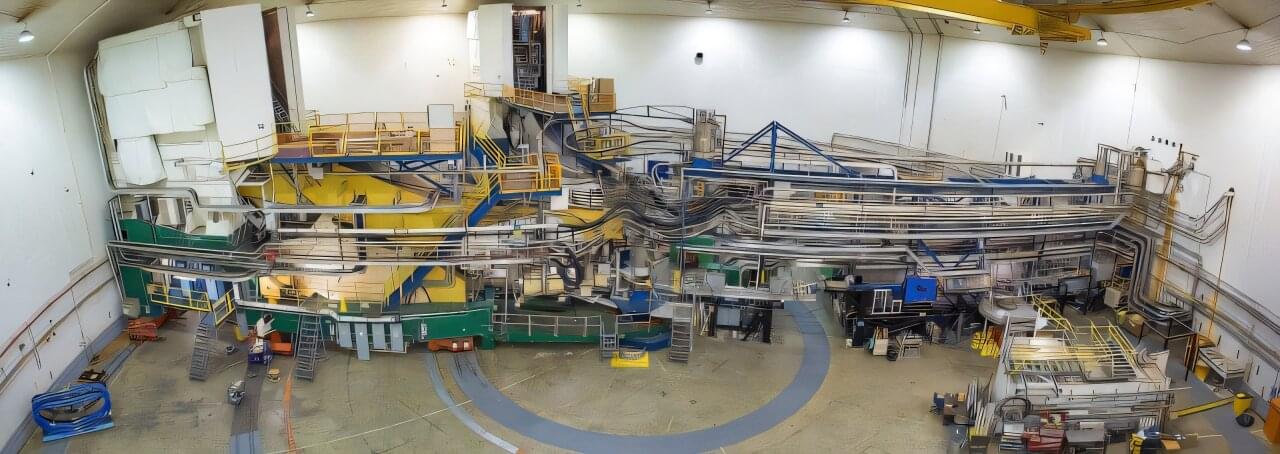
Measuring three-nucleon interactions to better understand nuclear data and neutron stars
Though atomic nuclei are often depicted as static clusters of protons and neutrons (nucleons), the particles are actually bustling with movement. Thus, the nucleons carry a range of momenta. Sometimes, these nucleons may even briefly engage through the strong interaction. This interaction between two nucleons can boost the momentum of both and form high-momentum nucleon pairs. This effect yields two-nucleon short-range correlations.
Experiments at the U.S. Department of Energy’s Thomas Jefferson National Accelerator Facility have studied these pairs to learn how protons and neutrons preferentially pair up at short distances. However, short-range correlations involving three or more nucleons haven’t been detected yet.
Now, in a study published in Physics Letters B, researchers used data from a 2018 experiment in Jefferson Lab’s Hall A to measure the signature of three–nucleon short-range correlations for the first time.
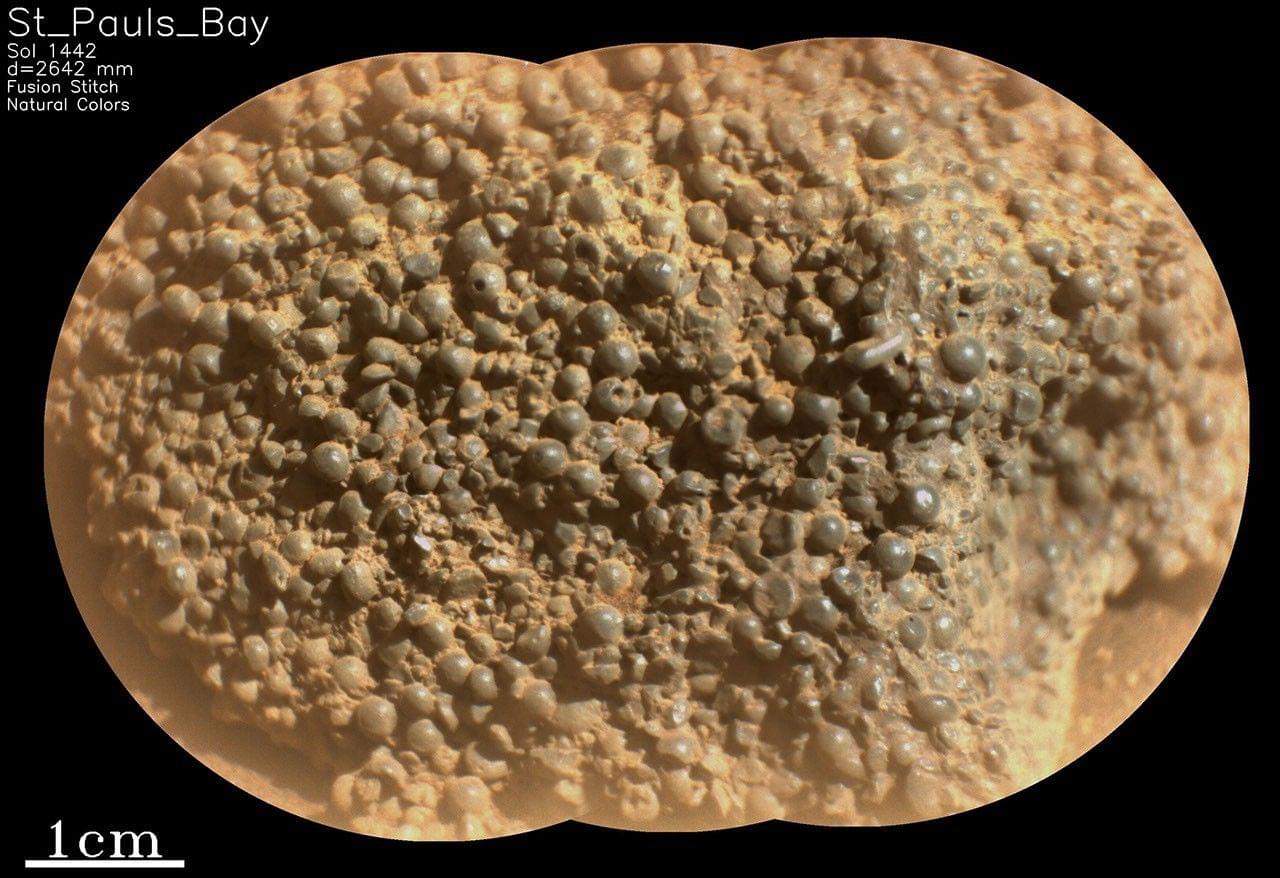


Silicon Valley Startup Claims it Can Turn Mercury Into Gold
San Francisco, California-based Marathon Fusion is proposing a process that uses nuclear fusion to turn mercury into gold — something that has been sought by people for thousands of years.
“Unlike previous attempts, our method is massively scalable, pragmatically achievable, and economically irresistible,” Marathon Fusion said on its website.
